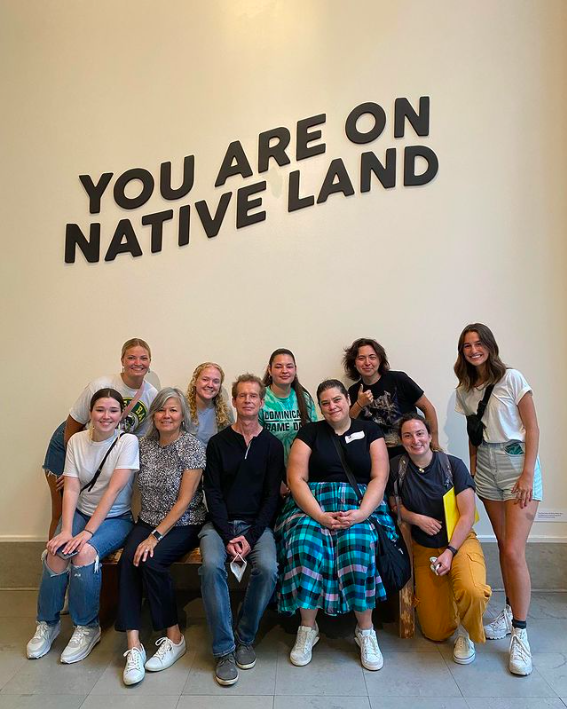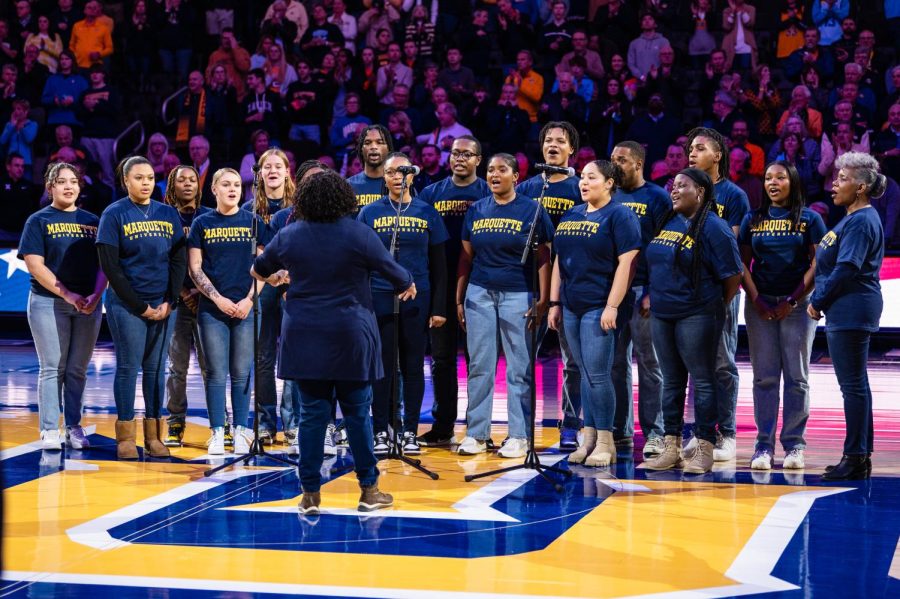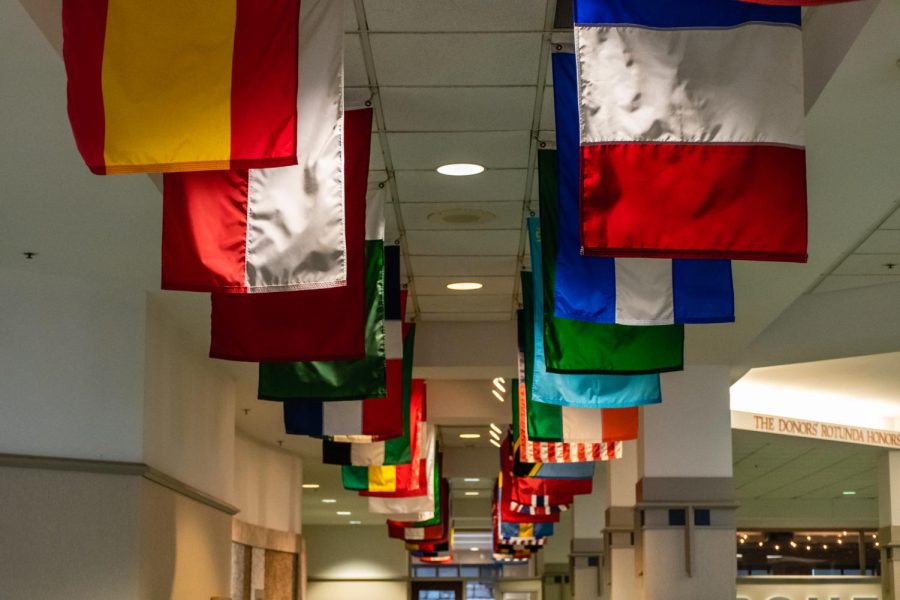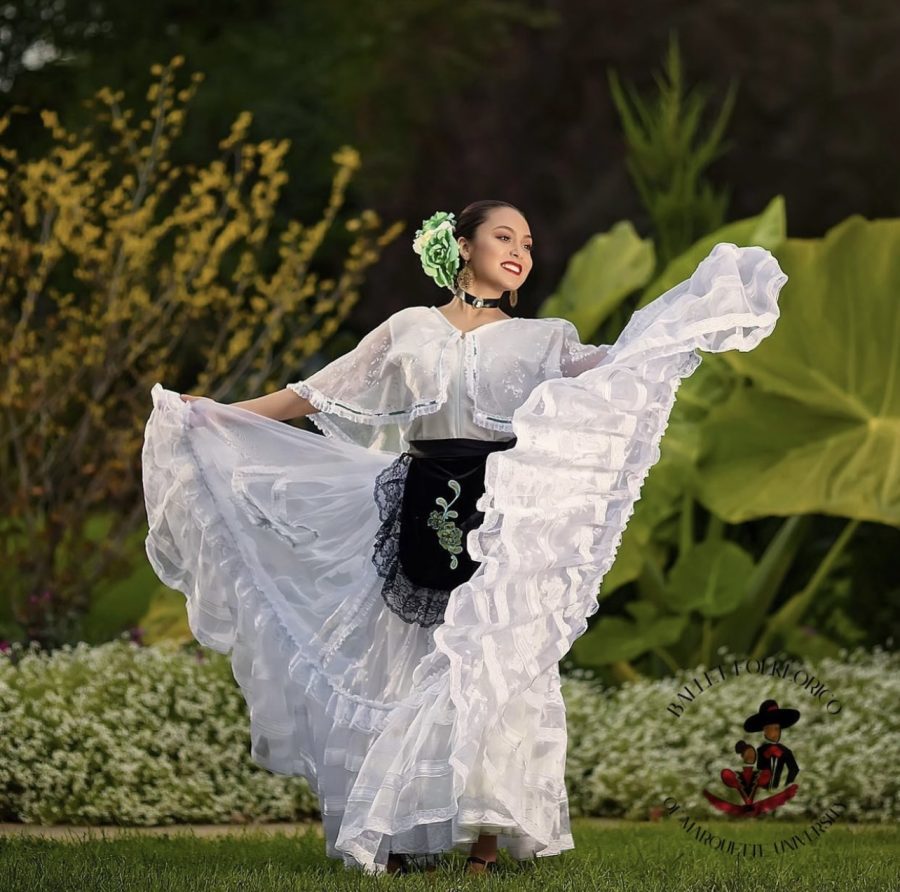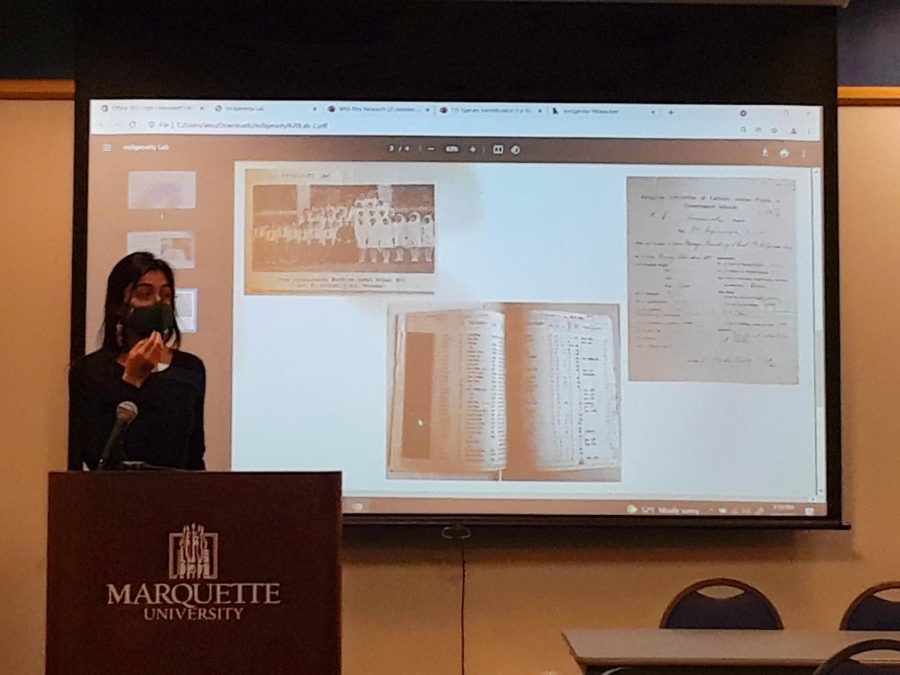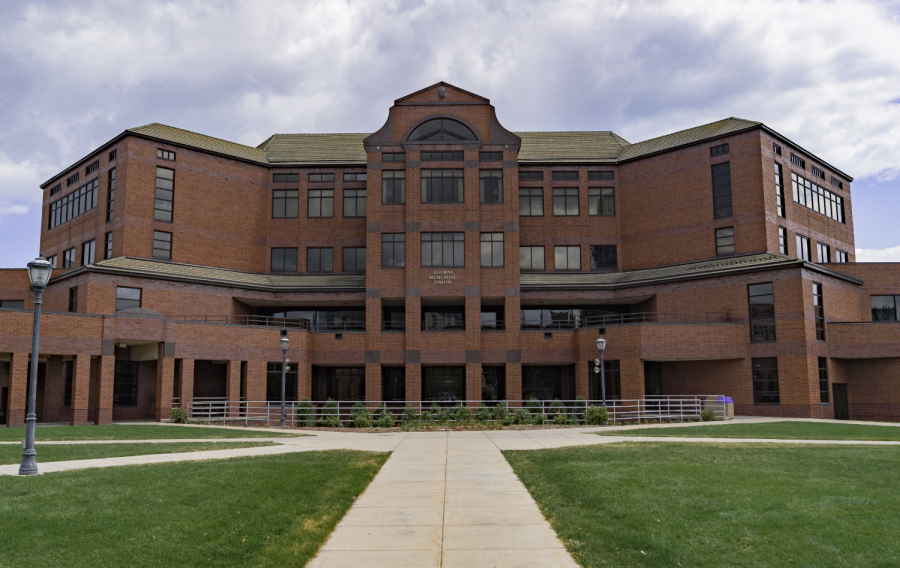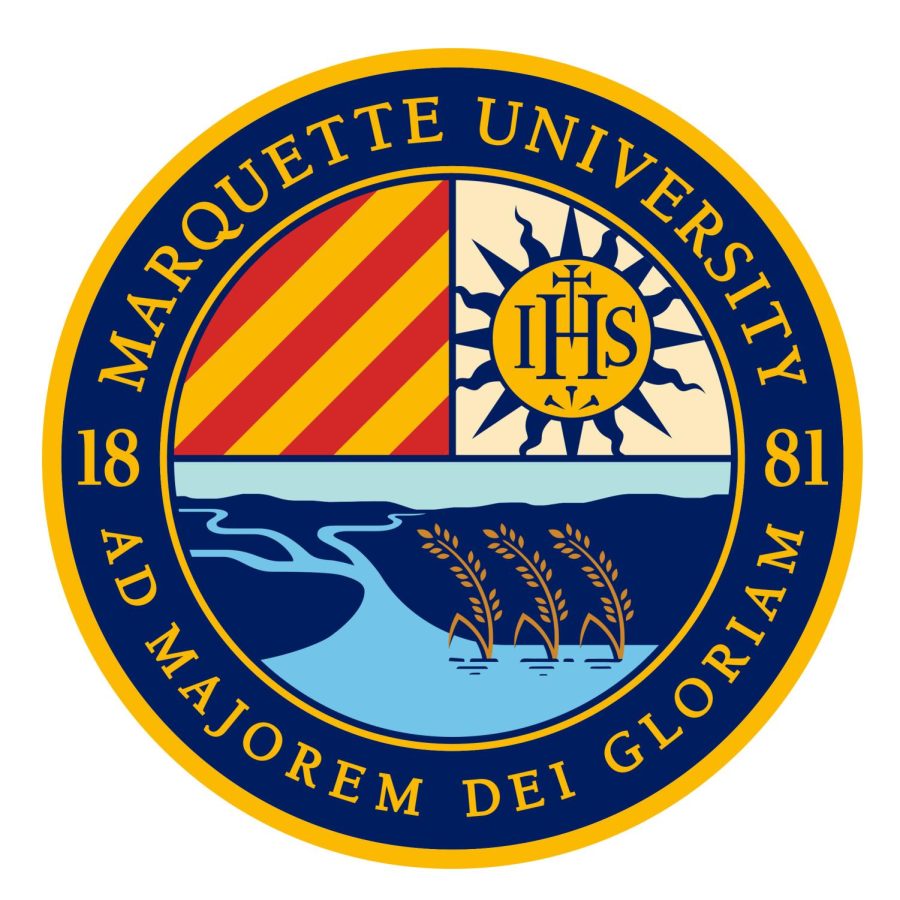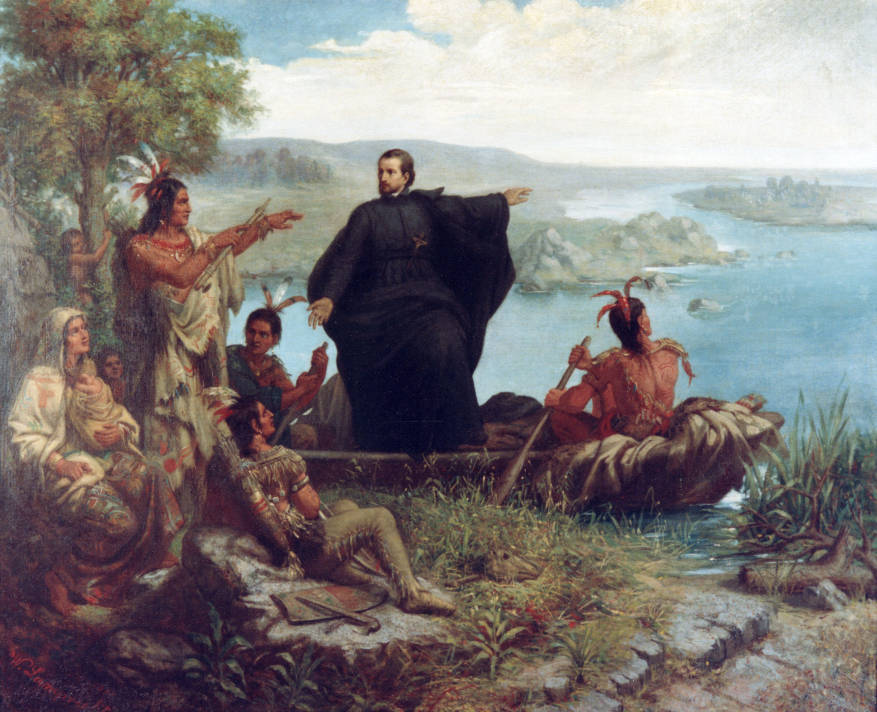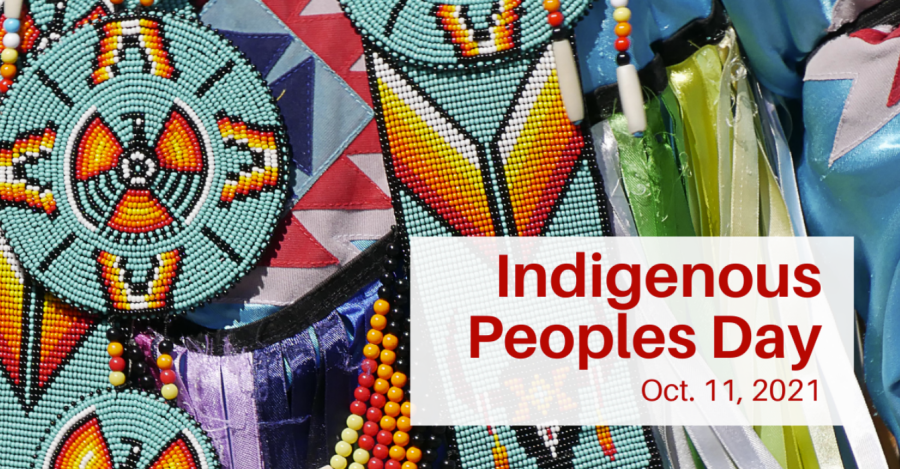Since third grade, Annie Bowers, a sophomore in the College of Communication, knew her culture was special. After switching to Indian Community School in third grade, Bowers began to learn more about herself and what it means to be a part of the Chickasaw nation.
“A lot of Native American cultures have a dark history, but I think each culture is different in its own way. They have their own creation stories and traditions that get passed down. That’s what makes them so unique,” Bowers said.
As a commuter student at Marquette, Bowers said she doesn’t have a lot of free time to be involved with the Native American Student Association on campus, but she still admires the work they do.
“With NASA, people don’t feel alone. You can’t always look at someone and think they’re Native American, sometimes it can be more hidden. Having NASA to bring everybody together is important so people don’t feel alone or left out,” Bowers said.
Unlike Bowers, Danielle Barrett, a senior in the College of Arts & Sciences, and current NASA president said she didn’t meet people from the same Native American culture as her until she came to Marquette.
“We are still people, and we are underrepresented people who get under shadowed and forgotten about,” Barrett said.
Madison Black, a junior in the College of Arts & Sciences, and vice president of NASA said that NASA looks to change these beliefs that Native people are forgotten.
“We really strive for a community that meets all the needs of Native students, whether that’s spiritually, emotionally, or socially. It’s just a space where students can come together and feel like they have a home away from home,” Black said.
One accomplishment of NASA was getting Marquette’s seal changed spring semester of 2022. The old seal, which depicted Father Marquette pointing past faceless Indigenous people, was found to be offensive, Barrett said.
The Native people in the old seal were faceless, which Bryan Rindfleisch, an associate professor in the history department, described as offensive because it erased them as people, depicting them as in the past.
Rindfleisch said it took nearly two decades to finally get the seal changed. Although there is always room for improvement, Rindfleisch said one way we can change for the better is through education.
“Get to know something about Native culture. People think that Native Americans are in the past but 85% of Native Americans live in cities and dress just like you and me,” Rindfleisch said.
Black also said people need to start viewing Native people as contemporary people, they are often seen as people from the past.
“Whether a lot of people realize it or not we walk around on historic native land every day which got ripped away from natives,” Black said. “We are a very small group, but we still function in society. The idea is we aren’t functioning people in societies but there are tons of Indigenous people that don’t live on reservations, tons that are urbanized who live lives just like everybody else.”
Although NASA made history by getting the seal changed, Native people are still commonly seen as people from the past who aren’t a part of contemporary society.
“There’s a general erasure because for the longest time since the declaration Native people are seen as our enemies. To recognize them and their history is to talk about everything that we have done,” Rindfleisch said.
Students from all backgrounds are encouraged to join NASA, attend events, and support the fight for recognizing Indigenous people and their land.
Barrett states an upcoming NASA project includes getting the land and water acknowledgment as a plaque or statue to remind students and faculty where the land and water came from.
“Being Native American is a part of my life that I can’t change,” Bowers said. “When I go back to that middle school, they still remember me. It’s like one big family.”
This story was written by Jolan Kruse. She can be reached at [email protected]

